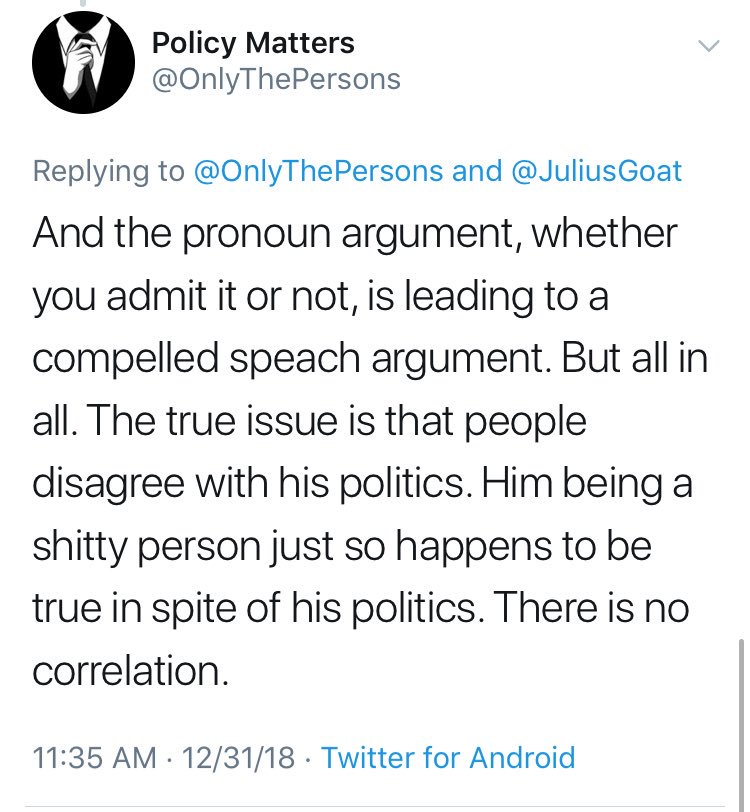The answer is, much further back.
We draw the the line so much further back than that.
It's an interesting question, but it's not the first question.
The first question is "why have we allowed art to enable abuse?"
Next: "How do we separate THOSE two things?"
1) false equivalence between what people say and what they do
2) Yes, we won’t listen. That’s the thing that ruins their career, get it?
3) Edgy comedians aren’t owed anyone’s laughter, they must earn it
If the jokes make people laugh, then the comedian has succeeded.
If the people stop laughing, then the comedian has failed.
An audience that doesn’t laugh—for whatever reason—isn’t the audience’s fault.
OK, let’s talk about Jeselnik.
He’s funny, but he has chosen to do a very specific thing, and it’s a VERY tricky line to ride. I suspect the difficulty is part of the attraction for him.
BUT...
If news broke that he, say, abuses women, or kids, how could anyone laugh at any of it anymore?
Why would they want to?
I think they all agree that they earned my laughter, but they’re not owed it.
That’s just how it works.
However, it will mean you are a person who finds such things funny, even with new awareness. You may want to think about why that is.
Others will think about why that is. Nobody can stop them, either.
That’s gone now.
Like all parents, I’ve been frustrated with my kids’ inherent selfishness.
So, when the presumed kindness was there, it was cathartic to hear Louis C.K. call his 2 yo daughter an asshole.
Now? Nope.
That’s just how this works.
I don’t think you’ve understood the points being made.
There’s a market that finds abusiveness good and funny.






